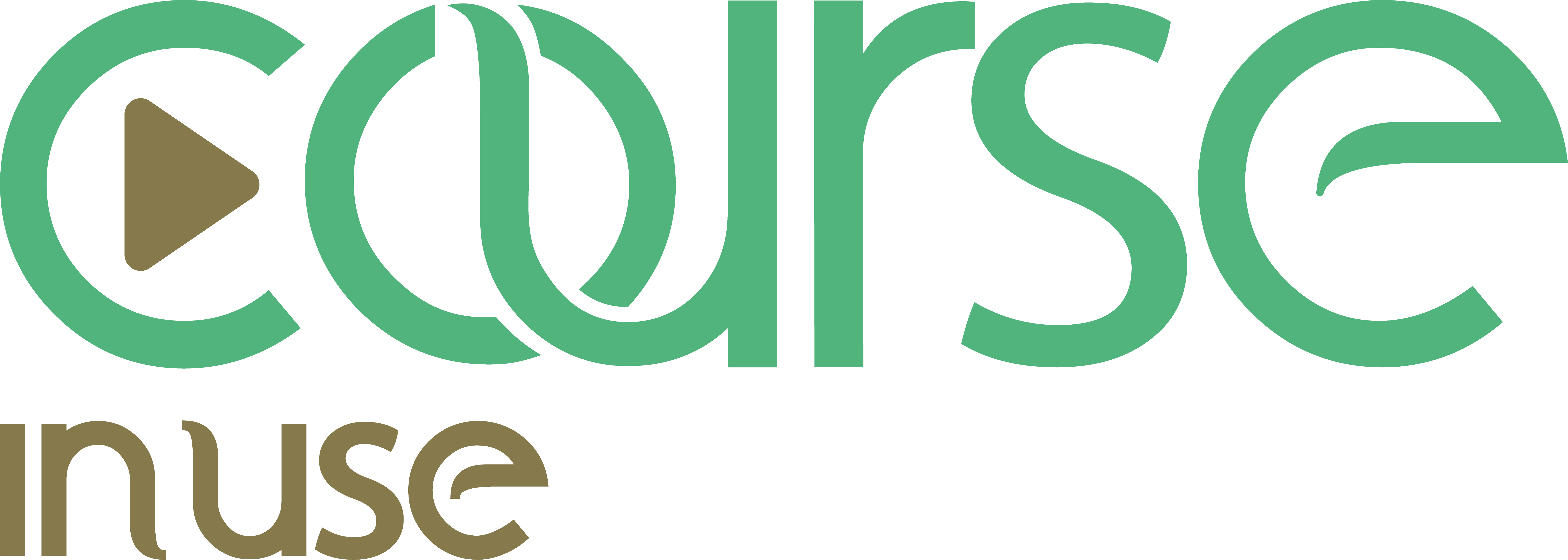Understanding the A-Level Diploma
In the Iranian educational system, the term Diploma refers to the academic certificate awarded at the end of secondary education (high school). This qualification allows students to pursue higher education or enter the job market. In Iran, the diploma is typically awarded after three years of study in various streams (scientific, humanistic, experimental, and technical-vocational).In many other countries, the term Diploma might refer to equivalent qualifications from different educational programs, such as technical or specialized diplomas.
Definition of A-Level Diploma
The “A-Level” or “Advanced Level” is an advanced educational qualification offered in the United Kingdom and some other countries for students in the later stages of secondary education. This diploma is typically achieved during the final two years of high school (usually ages 17 and 18) and serves as a credential for university and higher education institutions.
Key Features of A-Level:
- Educational Stages: A-Level is usually divided into two years; the first year is known as AS-Level (Advanced Subsidiary), and the second year is A2-Level. Together, these two stages constitute the full A-level qualification.
- Subject Choices: Students can choose from a variety of subjects such as Sciences, Mathematics, Literature, and Arts and take exams in each chosen subject.
- Examinations: To obtain the A-Level qualification, students must achieve good results in end-of-year examinations (both for AS and A2).
- University Use: A-level results are generally used as a primary criterion for admission into universities and higher education institutions in the UK and affiliated countries.
This qualification is utilized in various countries and may differ from other educational systems.
Structure and Content of the A-Level Exam
A-Level exams in the UK and affiliated countries have a specific structure and content. These exams generally include the following sections:
- AS-Level (First Year):
- Examination Components: Typically consists of one or more exams per subject, held at the end of the first year.
- Content: Includes fundamental and introductory topics in each subject, serving as a prerequisite for the second year.
- A2-Level (Second Year):
- Examination Components: Includes final exams for each subject, held after the second year.
- Content: Covers more advanced and comprehensive topics compared to AS-Level and often includes projects or practical assessments.
Content of the Exam:
Curriculum Topics:
Sciences: Involves in-depth topics in Physics, Chemistry, Biology, and other sciences.
Mathematics: Includes advanced topics in Algebra, Calculus, and Probability.
Literature: Encompasses literary analysis, studying various authors’ works, and writing analytical essays.
History: Covers contemporary and historical events, analyzing historical occurrences, and writing analytical essays.
Types of Questions:
Multiple-choice questions: Assess general knowledge and core concepts.
Descriptive Questions: Evaluate in-depth understanding and analytical ability.
Applied Problems: In subjects like Mathematics and Sciences, problems and equations may be included for solving.
Practical Assessments:
In some subjects, such as experimental Sciences, practical exams and research projects may also be part of the evaluation.
Projects and Researches:
Some subjects might require submitting research or analytical projects.
Examinations:
Duration: A-level exams typically last between 1 to 2 hours.
Grading: Results are usually presented in letter grades (A*, A, B, C, D, E) or numerical scores (1 to 7 in some systems).
The structure and content may vary specifically for each subject and academic year, and it is advisable to familiarize oneself with the official resources for each subject.
Advantages and Disadvantages of A-Level Exams
A-Level exams have specific advantages and disadvantages that may vary depending on individual needs and goals. Here is a summary of some pros and cons:
Advantages of A-Level Exams:
Educational Opportunities:
Admission to Prestigious Universities: Good A-level results can aid in gaining entry to prestigious universities and high-quality educational programs.
Subject Variety: Students can choose from a wide range of subjects and pursue their interests in specialized fields.
University Preparation:
In-Depth Study: A-Level allows students to study specific subjects in depth and acquire the necessary skills for higher education.
International Recognition:
Global Acceptance: The A-Level qualification is globally recognized and accepted by many universities and educational institutions around the world.
Disadvantages of A-Level Exams:
High Pressure:
Academic Pressure: A-level exams can impose significant stress on students, particularly during intensive periods and final exams.
High Costs:
Education and Resources: Costs related to private classes, textbooks, and educational materials can be substantial.
Limited Focus:
Subject Specialization: An excessive focus on a few specific subjects may limit exposure to other fields.
Reliance on Exam Results:
Limited Evaluation: Success in A-Level is heavily dependent on exam scores, which might not fully reflect other aspects of a student’s abilities.
Curriculum Changes:
Frequent Adjustments: Changes in curricula and exam structures may confuse and require constant adjustments.
Overall, A-level exams can be an excellent option for preparing for higher education but, like any educational system, they require attention to their strengths and weaknesses to fully benefit and minimize drawbacks.
Registration and Costs of the A-Level Exam
The registration process and costs for A-Level exams depend on various factors and may vary by country and exam center. Below is an overview of the typical registration process and costs associated with A-Level exams:
Registration Process:
- Schools and Educational Centers: Many students register for A-Level exams through schools and specialized educational centers familiar with A-Level training and exams.
- Independent Exam Centers: In some countries, independent educational centers may also serve as exam centers.
- Exam Registration:
- Online Application: In many cases, registration is done online through A-Level exam websites or educational centers.
- School Registration: If a student is enrolled in a school offering A-Level exams, registration is usually handled through the school.
- Prerequisites:
- Required Documents: Typically includes identification documents, previous academic results, and completion of registration forms.
- Educational Counseling: Consulting with academic advisors or teachers for subject selection and exam preparation can be beneficial.
Costs of the Exam:
Registration Fees:
- Exam Fees: The cost for A-Level exams generally ranges between £40 to £100 per subject in the UK. This fee includes examination marking and review.
- School Fees: Additional costs may apply if registration is done through a school or educational center, including class fees and resources.
- Additional Costs:
- Books and Resources: Extra costs for textbooks, educational materials, and exam preparation may be necessary.
- Preparation Classes: Private or preparatory courses may incur additional fees, typically between £200 to £500 per course.
Re-examination Fees:
- Retake Costs: Additional costs are incurred if retakes of exams are needed.
Costs in Other Countries:
- Variations: Costs in other countries may vary based on the cost of living, educational system, and local policies. For instance, fees might be higher or lower compared to the UK depending on the country’s educational framework.
Obtaining Accurate Information:
Official Websites: For precise and up-to-date information on A-Level exam costs, refer to official educational organization websites such as OCR, AQA, or Edexcel.
Educational Centers: Contact schools or reputable exam centers for detailed information on costs and registration procedures.
Costs may change over time, so it is advisable to consult official and local sources for the most accurate and current information.
Study Resources and Materials for A-Level Exams
Study resources and materials for A-Level exams depend on the chosen subjects. Each subject has a specific curriculum that includes key concepts, skills, and topics to be studied for exam preparation. Below is an overview of resources and study materials for some common A-Level subjects:
Sciences
- Physics:
- Textbooks: Standard textbooks such as “OCR A Level Physics” and “AQA A Level Physics” from reputable publishers.
- Key Topics: Mechanics, Electromagnetism, Heat and Dynamics, Waves and Optics.
- Online Resources: Educational videos, online courses (MOOCs), and past exam questions.
- Chemistry:
- Textbooks: Books like “Chemistry for A Level” and “Edexcel A Level Chemistry” from various publishers.
- Key Topics: Atomic Structure, Chemical Reactions, Organic and Inorganic Chemistry, and Stoichiometry.
- Online Resources: Educational videos, scientific articles, and online exercises.
- Biology:
- Textbooks: Books such as “AQA A Level Biology” and “Edexcel A Level Biology.”
- Key Topics: Cell Structure, Genetics, Body Systems, and Ecology.
- Online Resources: Educational videos, online courses, and resources from reputable universities.
- Mathematics:
- Textbooks: Books like “Edexcel A Level Mathematics” and “Cambridge International AS and A Level Mathematics.”
- Key Topics: Algebra, Calculus, Geometry, and Probability.
- Online Resources: Educational videos, online exercises, and preparatory courses.
- Further Mathematics:
- Textbooks: Books such as “Further Mathematics for A Level” and “Cambridge Further Mathematics.”
- Key Topics: Advanced Algebra, Differential Equations, and Advanced Calculus.
- Online Resources: Online courses, past papers, and advanced problem sets.
Humanities
- English Literature:
- Textbooks: Books like “AQA A Level English Literature” and “OCR A Level English Literature.”
- Key Topics: Literary Analysis, Poetry, Prose, and Drama.
- Online Resources: Literary analysis websites, online discussion forums, and past papers.
- History:
- Textbooks: Books such as “AQA A Level History” and “Edexcel A Level History.”
- Key Topics: Historical Events, Research Skills, and Analytical Writing.
- Online Resources: Documentaries, historical articles, and study guides.
- Geography:
- Textbooks: Books like “AQA A Level Geography” and “Cambridge International A Level Geography.”
- Key Topics: Physical Geography, Human Geography, and Environmental Issues.
- Online Resources: Maps, satellite imagery, and geographic databases.
Additional Resources
Revision Guides: Comprehensive guides such as “CGP A-Level Revision Guides” and “Revision Notes from Study Smart.”
Past Papers: Available on exam boards’ official websites or through educational resources.
Online Platforms: Websites like Khan Academy, Coursera, and BBC Bitesize offer relevant materials and interactive content.
Conclusion
Studying for A-level exams requires a structured approach and utilization of various resources. Students are encouraged to use a combination of textbooks, online resources, past papers, and additional study guides to prepare effectively. For detailed information, students should consult with their teachers, academic advisors, and official educational resources.
Course In Use website is the best Comprehensive resources for learning international online courses and preparing for international exams.


